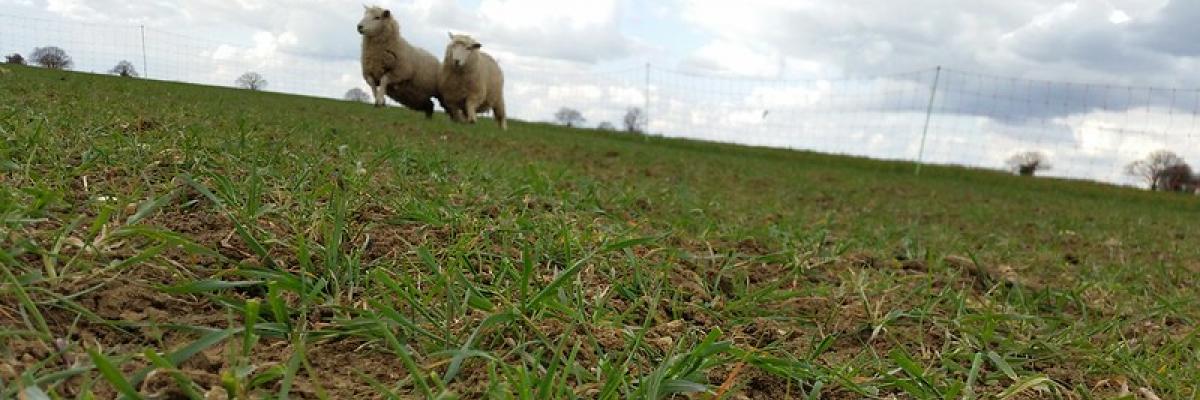
Weeds compete with crops for nutrients, light and water, so it is important to manage them, however leaving some areas of weeds can help provide food for pollinating insects and help improve soils. Non chemical weed management often involves using more than one weed management approach, we touch on a few of these cultural and direct weed control methods i.e. crop rotations, using livestock, green manures, intercropping, undersowing, tillage, using precision agriculture and electrical weeding, and the importance of understanding weed ecology to help minimise their impact.
February 2020

